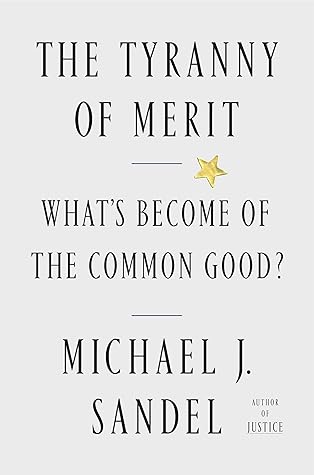In the 1960s and 1970s, the leading Anglo-American philosophers rejected meritocracy on the grounds that what people earn in the market depends on contingencies beyond their control, such as demand for one’s talents and whether one’s talents are common or rare. But by the 1980s and 1990s, an influential group of philosophers, perhaps reflecting the “rhetoric of responsibility” prevalent in the politics of the day, revived the case for merit. Known as “luck egalitarians,” they argued that society’s obligation to help the disadvantaged depends on figuring out who among the needy are responsible
...more
Welcome back. Just a moment while we sign you in to your Goodreads account.


